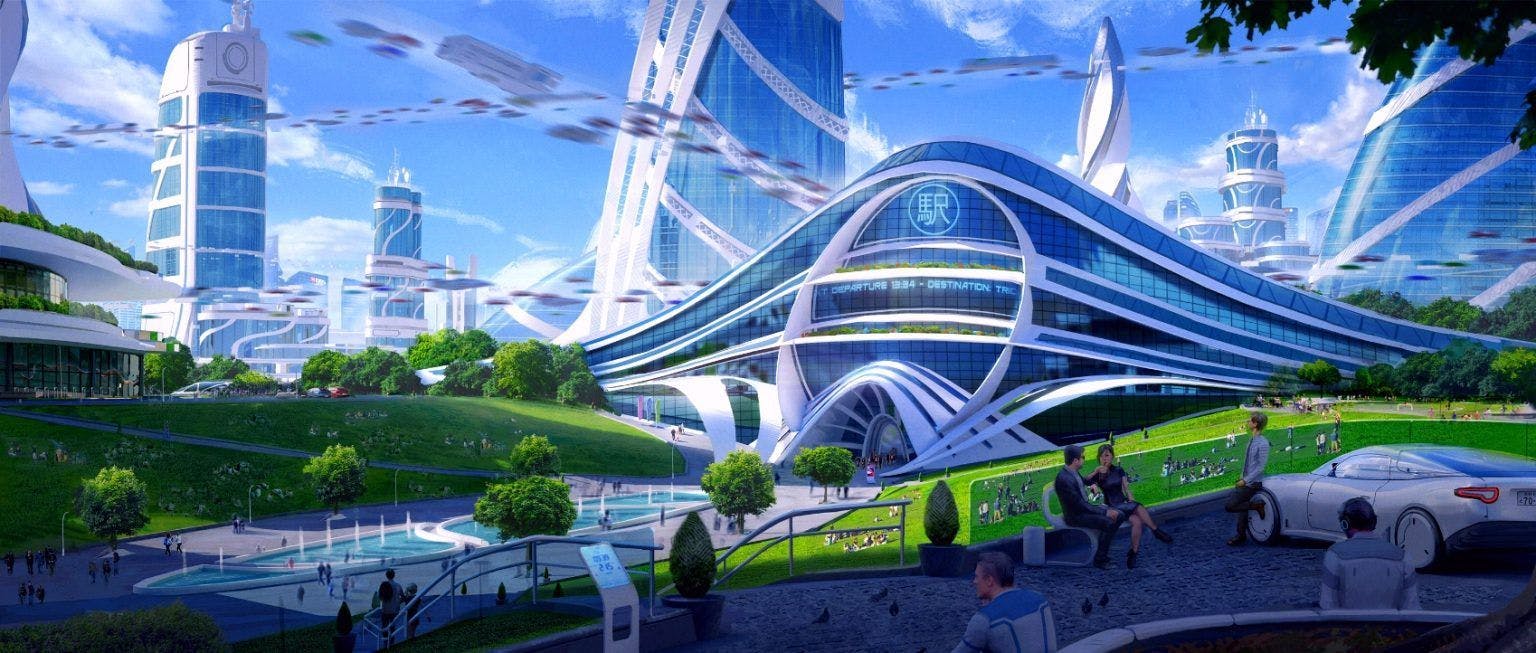256 reads
Welcome to Utopia: The New Decentralized and Free Internet 2.0
by
April 8th, 2022
Audio Presented by

I`m a content marketer from Ukraine, specializing in blogs. I work in IT, crypto, and marketing niches. You can DM me.
About Author
I`m a content marketer from Ukraine, specializing in blogs. I work in IT, crypto, and marketing niches. You can DM me.
